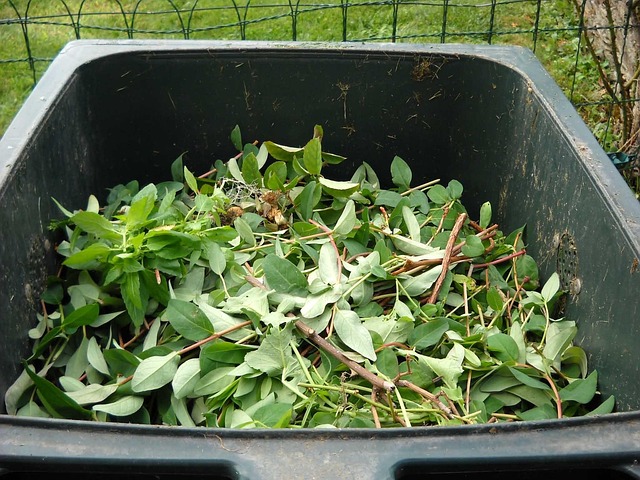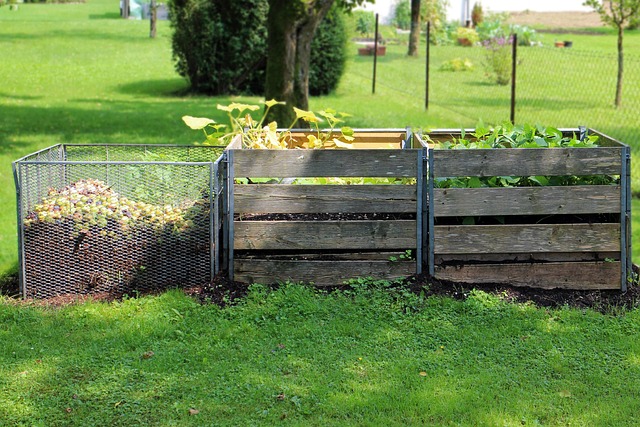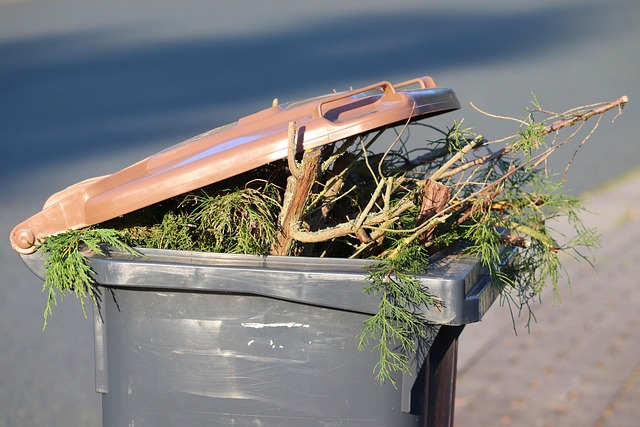Gardening is not just a hobby; it’s a lifestyle choice that can significantly impact our environment. As we strive to commune with nature, one of the most rewarding practices we can adopt is composting. Composting in practice enables us to recycle organic waste, enrich our soil, and promote healthy plant growth while helping to create a greener planet.
To begin your journey with composting, start small. Set up a compost bin in your backyard or even a simple pile if you’re short on space. Use these containers to accumulate kitchen scraps like fruit and vegetable peels, coffee grounds, and eggshells. Many gardeners are surprised by how much waste they can divert from the landfill, and it feels good to know you’re making a tangible difference.
Remember, composting is not just about convenience; it’s a commitment to bettering our world. As you build your compost pile, aim for a balanced mix of greens (nitrogen-rich materials) such as grass clippings and browns (carbon-rich materials) like dried leaves. This balance is crucial, as it helps foster microbial activity that breaks down organic matter into nutrient-rich compost.
Moreover, keep moisture levels in check. The compost should be damp but not soggy—think of a wrung-out sponge. If you find your pile is too dry, simply add some water or more green materials. On the flip side, if it’s too wet, add more brown materials to soak up the excess moisture.
Another practical tip is to aerate your compost regularly. Turning your compost pile enhances aeration and accelerates decomposition. This action not only speeds up the composting process but also helps eliminate odors, ensuring your garden doesn’t become a breeding ground for unwanted pests.
It’s also essential to be mindful of what goes into your compost. Avoid adding meat, dairy, and oily foods, as these materials attract pests and can create unpleasant smells. Stick to plant-based wastes and small amounts of shredded paper or cardboard for best results.
In addition to kitchen scraps, yard waste can significantly contribute to your compost. Lawn clippings, fallen leaves, and small branches can all be valuable ingredients in your composting endeavor. Not only do they reduce waste, but they also create a rich source of nutrients that will feed your garden, promoting biodiversity in your planting beds.
As you continue composting, be patient. It can take anywhere from a few weeks to several months to create quality compost, depending on environmental factors and the materials used. Incorporating a compost thermometer can help—monitoring the temperature ensures that microbial activity is on track, turning your organic waste into ‘black gold’ for your plants.
Lastly, don’t forget the joy of sharing your composting success. Invite friends over for a ‘compost tea’ party; that’s right, diluted liquid compost can make an excellent fertilizer! Sharing your experiences not only strengthens community ties but also cultivates a collective consciousness about eco-friendly practices.
Composting in practice is not just an eco-friendly gardening tip; it’s a lifestyle change that connects you to nature. With every pile you create, you support a greener environment, reduce waste, and encourage healthy gardening practices. So grab that shovel, embrace the dirt, and watch your efforts blossom into a thriving, green sanctuary!



